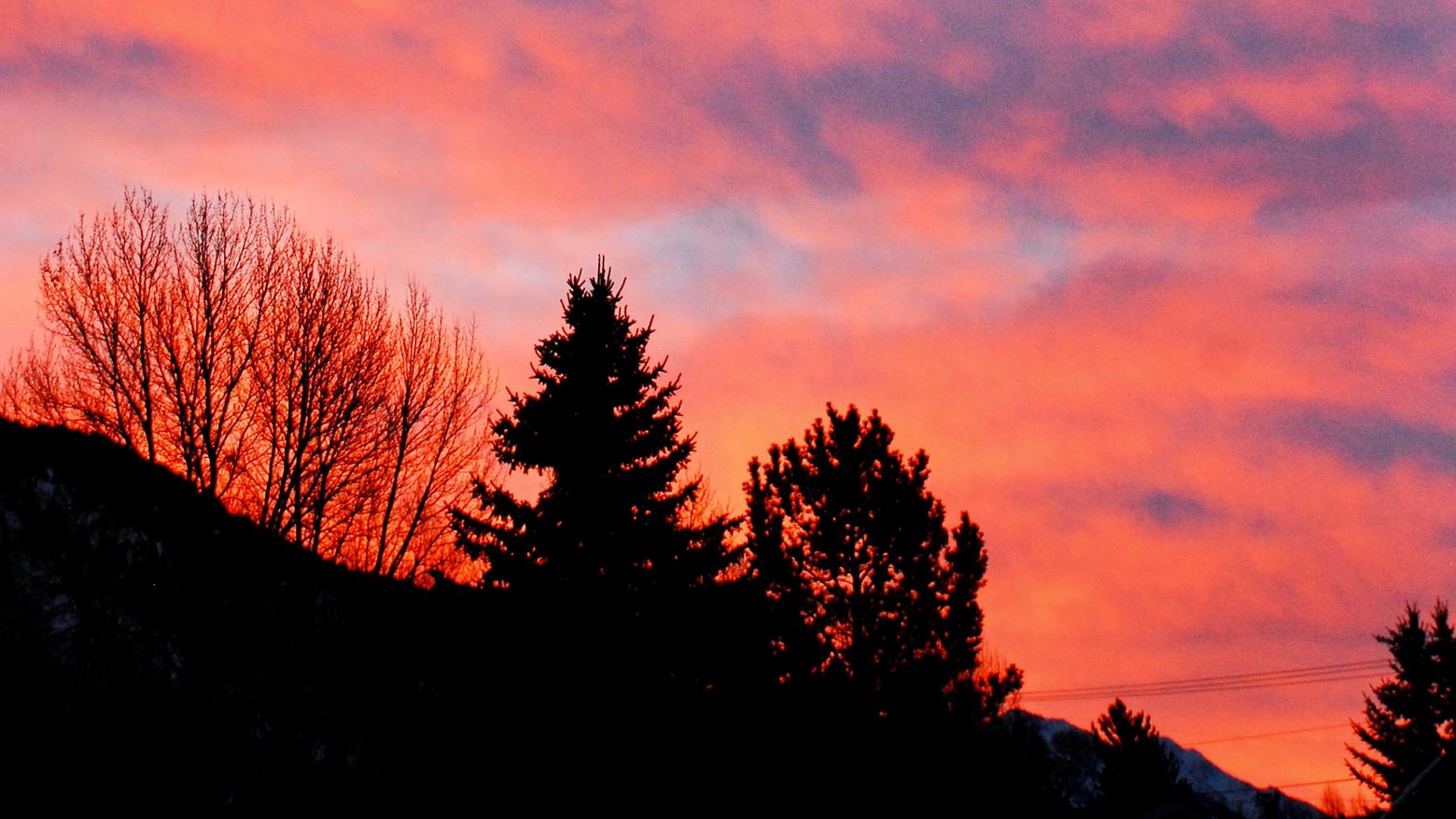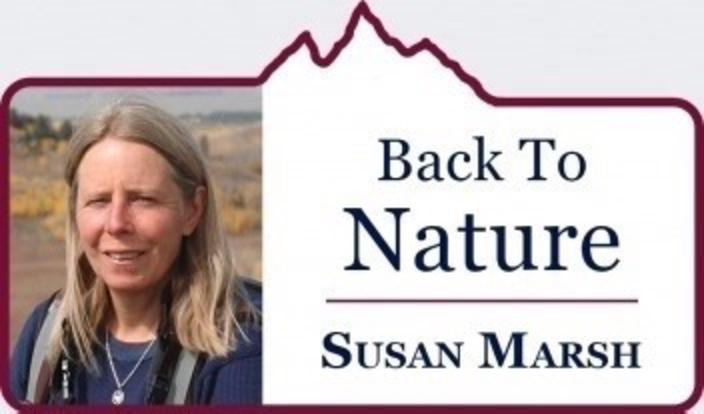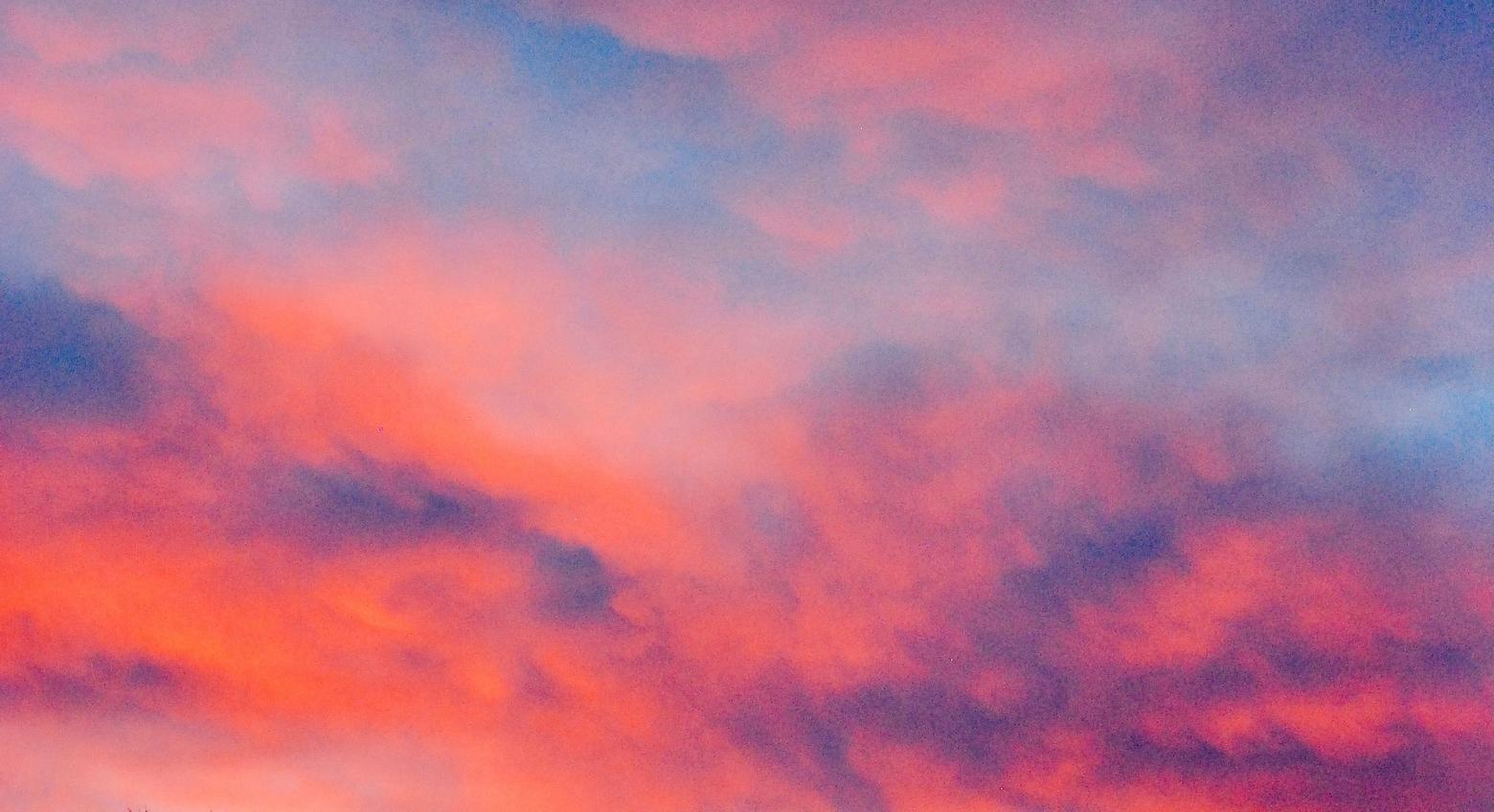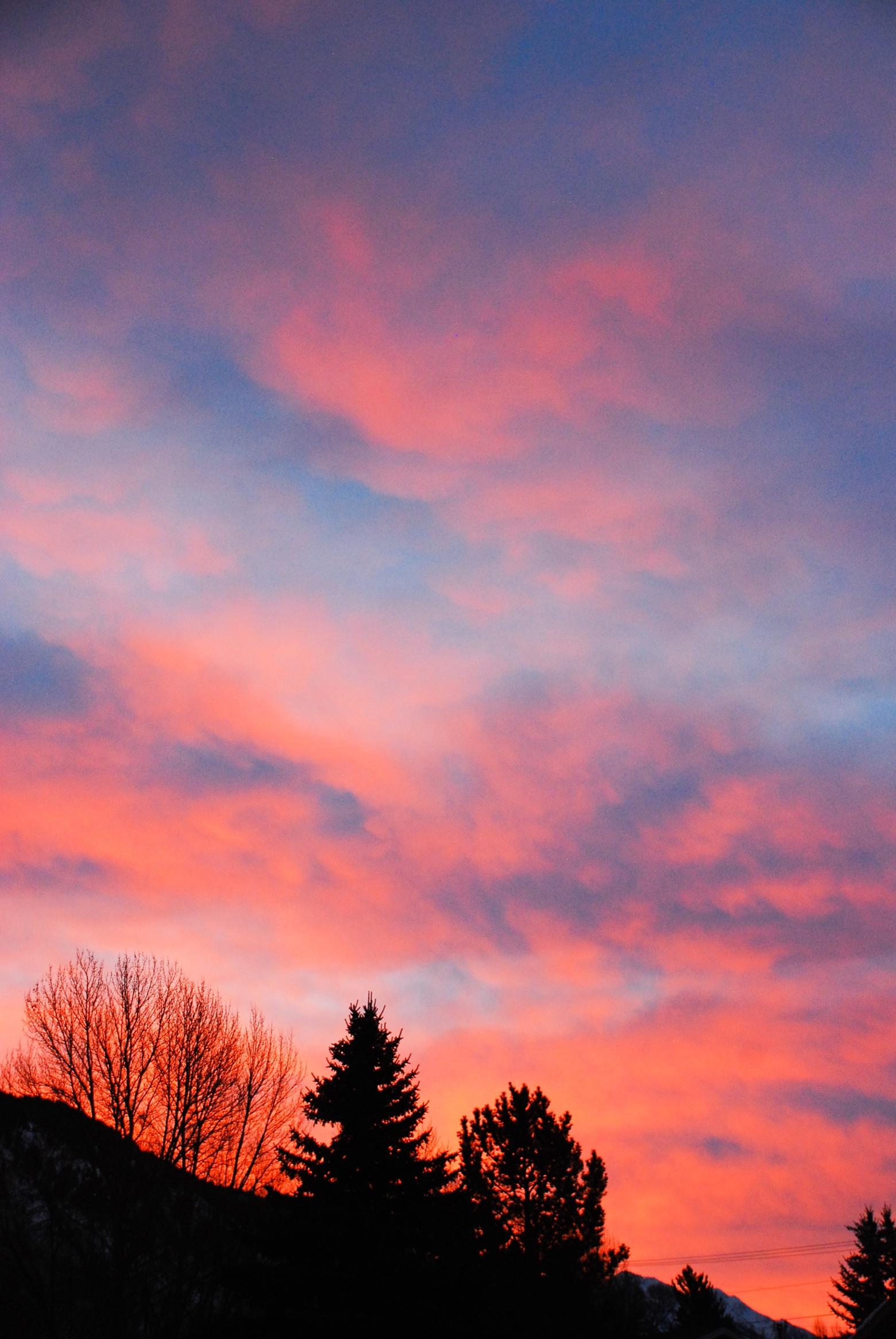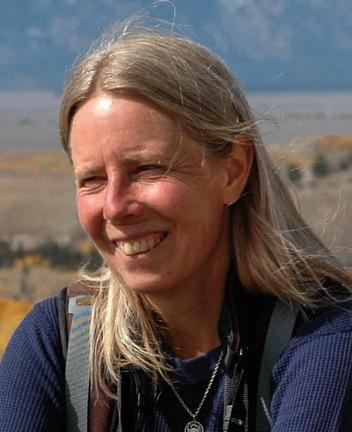Back to StoriesHopeful Words Won't Save Us Without Action
January 1, 2022
Hopeful Words Won't Save Us Without ActionAs Susan Marsh looks into 2022 and ponders the many challenges to Greater Yellowstone, she says Nature needs allies defending her, not hollow resolutions
by Susan Marsh
A number of conversations lately have included this question: “How do you keep your spirits up?”
At times, an easy answer eludes me, but a couple of things can be counted upon to come to my aid—time immersed in anyplace outdoors that still offers a semblance of wildness, and limiting my exposure to the news.
With December wildfires in the Rockies, along with the myriad of other “unprecedented natural events,” the climate crisis is finally getting attention, though what we are willing to do about it remains uncertain.
We “hope” things will get better, if only the government would follow through on promises made at international convocations during the past decade. If only we could reduce emissions, and quickly. We’ve been hearing about a closing window of opportunity for a number of years, and before long that window will slam shut.
Hope is a tricky concept. Too often we think that hoping is similar to wishing – I hope this happens, I hope that doesn’t, as if we are bystanders to the action. True hope requires participation. If you hope for a desired outcome, you must also work to make it happen. So the next question becomes how?
Hope is a tricky concept. Too often we think that hoping is similar to wishing – I hope this happens, I hope that doesn’t, as if we are bystanders to the action. True hope requires participation. If you hope for a desired outcome, you must also work to make it happen. So the next question becomes how?
The internet offers many websites with lists of things you can do to reduce your carbon footprint, and nearly all of the ones I have looked at top their list with “Raise your voice, contact your elected officials.” This advice makes me sigh, for when I’ve done this in the past, I either receive no reply or a brief letter outlining the reasons I am wrong. After a while, it is very hard to resist giving up.
Some of the what-can-I-do lists, especially those posted by government agencies that feel obliged to be neutral on a subject to which neutrality does not apply, offer weak generalities such as “We can consider placing an upper limit on the amount of carbon dioxide we will allow ourselves to emit into the atmosphere within a given timeframe.”* Most of the recommendations are prefaced with waffle-words—practical/possible/feasible/affordable— that allow the reader to opt out.
But many other of these lists (NRDC has a particularly good one) include practical and familiar things that I hope we already do – use less, waste less, cut back on driving and flying, weatherize your home, buy efficient appliances, and so on. But no matter how much of this I subscribe to, it can feel like a drop of water that evaporates before it even hits the bucket. Drops add up to an ocean, we are told, so I hang in there.
In 2022 we will face much to worry about, along with that pervasive feeling of helplessness. What, we ask, can we do as individuals, after cleaning up our personal act at home, to bring about any of what we hope for?
First I think it’s necessary to narrow the focus. The onslaught of needs can feel like a tsunami if your inbox looks like mine at the end of the year: Hurry! Only a few hours left for year-end giving! It’s all too easy to become distracted and discombobulated in the flurry and then we’re back to feeling helpless.
So as we turn to new year’s resolutions, I am looking at how to hang onto hope in fraught times. I share this for no other reason than my need to put it down in writing so I can return to it in times of despond, and in hopes that those who read my scribbling may think of their own lifelines, because we’re going to need them.
Connect with nature, while we still can, and find particular places to care deeply about. Work to save them.
Be sure to never miss the chance to vote. Even if it’s a local election on a sales tax with no candidates on the ballot, voting is so fundamental to U.S. citizenship that turning away from this right and responsibility (one that others have died for, by the way) is anathema to my way to thinking.
To say my vote doesn’t matter is a lame excuse. Sure, with the Electoral College working as it does, I know that a vote placed for a democratic presidential candidate in a state like Wyoming has no effect on the outcome of the election. But what about that county commissioner who might make a positive difference at home? What about that initiative that would fund more green space in town?
Another thing to do, and being retired gives me flexibility in this regard, is volunteer. There is no shortage of need in this arena, whether it’s meals on wheels, stocking a food pantry, cleaning floors at an animal shelter, or serving on a nonprofit board. However small, it feels like good work, and I have made new friends among people I might not have otherwise met.
Anyone with a home, whether a suburban quarter-acre or an apartment with a tiny balcony, can help with the ongoing trend toward rewilding the planet. Pick a corner of the yard (or a planter box next to the door) for native wildflowers, and watch the insects come to pollinate them. help your kids identify the many species of bee and butterfly. Plant a tree if you have somewhere to do so, or donate to organizations that are trying to make blighted urban spaces more humane with more street trees and parks.
Perhaps your utility, like mine, offers the option of going green, so when you turn on a light the power is coming from wind and solar. I find this comforting, as my 30-plus year old baseboards tick away and I can’t find someone to replace them (the contractors in my area are “at least a year out” as demand for their services has intensified) with a more efficient system.
I don’t mean this to become a list of thou-shalt-do’s. It’s merely a few ideas about what might bring a ray of hope during what most of us agree are pretty dark times.
What happens if you lose hope? From what I have read, even Jane Goodall has her moments, but she’s able to find a flicker of light in the storm and follows it. While most of us lack her notoriety and resources, and probably the time to start our own campaigns, we can look at the many ongoing efforts in each community and lend a hand. Being with others who have hope, at least on the day you all arrive on a project, rubs off. Pretty soon you look forward to your hours or days as a volunteer, after wondering if you really wanted to commit to it.
As I write, I gather a tentative mental list of resolutions—do more, offer more, give back in ways that may lie outside my comfort zone. It may not turn the tide of world events outside my sphere of influence, but it’s one small drop of water in an ocean that sorely needs it.

